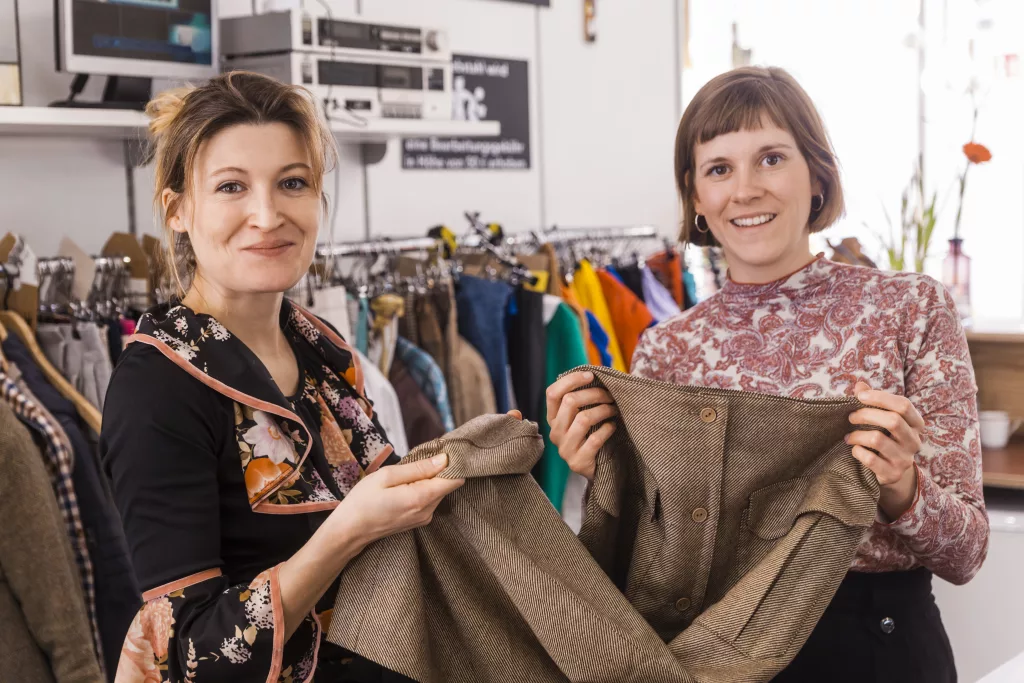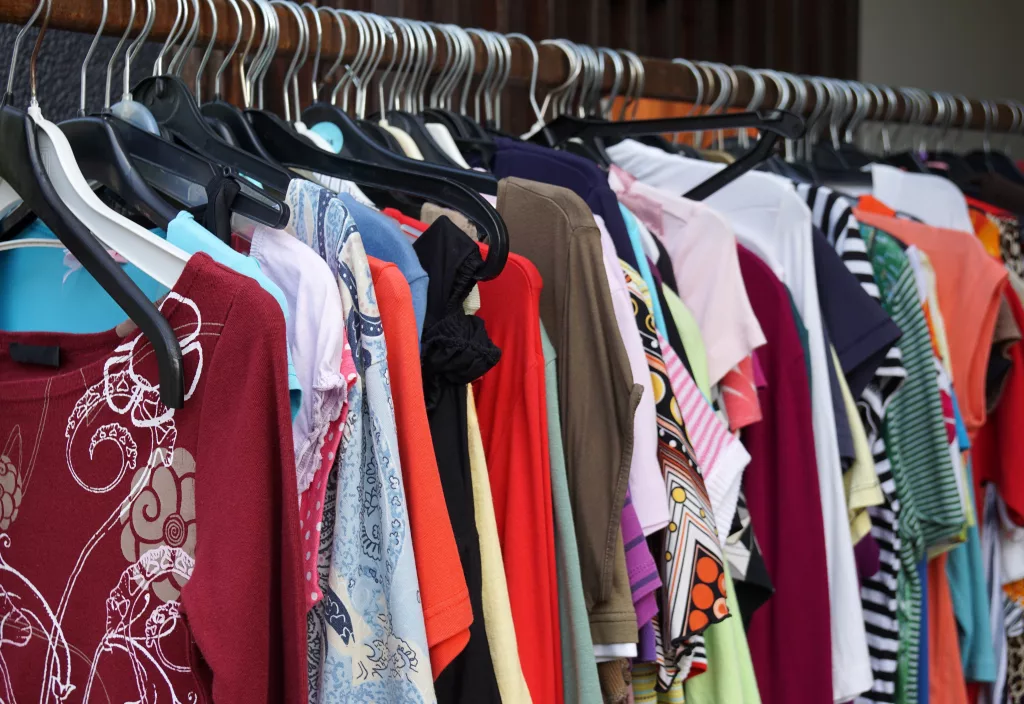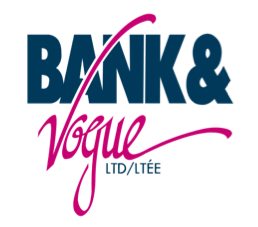What Does It Mean to Be a Conscious Consumer?
Being a conscious consumer means making purchasing decisions that consider the social, environmental, and economic impacts of those choices. It involves being aware of where products come from, how they are made, and the effects of their production on people and the planet. Conscious consumers prioritize ethical, sustainable, and fair trade products to support a healthier and more equitable world.
Why Is Ethical Consumption Important?
Ethical consumption is vital because it promotes sustainability, supports fair labour practices, and reduces environmental harm. By choosing ethically produced goods, consumers can help combat climate change, reduce pollution, and ensure that workers are treated fairly and paid living wages. This collective action can lead to significant positive changes in the market and society.


How Can I Determine if a Product Is Ethically Made?
To determine if a product is ethically made, look for certifications such as Fair Trade, Organic, and B Corp. Research the company’s practices regarding labour, sourcing, and environmental impact. Transparency reports, third-party audits, and customer reviews can also provide valuable insights into a company’s ethics.
Common Certifications to Look for When Choosing Ethical Products
Common certifications include Fair Trade, which ensures fair wages and good working conditions; Organic, which certifies that products are made without harmful chemicals; B Corp, which indicates a company meets high standards of social and environmental performance; Rainforest Alliance, which promotes sustainable land use and fair labour practices; and Global Organic Textile Standard (GOTS), which ensures organic textiles are produced sustainably and ethically. These certifications indicate that products meet specific ethical, environmental, and social standards, ensuring fair wages, sustainable practices, and reduced environmental impact.
How Does Buying Locally Support Ethical Consumption?
Buying locally supports ethical consumption by reducing the carbon footprint associated with transportation, promoting local economies, and often ensuring higher transparency in production practices. Local businesses are more likely to use sustainable methods and support fair labour practices, contributing to the overall well-being of the community.
The Benefits of Second-Hand Shopping
Second-hand shopping offers numerous benefits, including reducing waste by extending the life of products, saving resources needed for manufacturing new items, and often supporting charitable organizations. It also provides unique and affordable options for consumers, encouraging a more sustainable and circular economy.
How Can I Make My Wardrobe More Sustainable?
To make your wardrobe more sustainable, consider buying second-hand clothing, choosing quality over quantity, and supporting brands that prioritize ethical and sustainable practices. Additionally, take care of your clothes to extend their lifespan, and consider recycling or donating items you no longer need.


Why Is Second-Hand Clothing an Ethical Choice?
Second-hand clothing is an ethical choice because it promotes recycling and reduces waste. By buying used clothes, consumers help minimize the demand for new clothing production, which often involves harmful environmental practices and exploitative labour conditions. Second-hand shopping also supports circular economy principles, extending the life of garments and decreasing the overall carbon footprint of the fashion industry.
How Does Buying Second-Hand Clothing Benefit the Environment?
Buying second-hand clothing benefits the environment in several ways. It reduces waste by keeping clothes out of landfills, thus reducing textile waste. It saves resources by conserving the water, energy, and raw materials required to produce new clothing. It lowers emissions by decreasing the carbon emissions associated with manufacturing and transporting new garments. It promotes recycling by encouraging a circular economy, where items are reused and repurposed instead of discarded.
By adopting conscious consumer habits and making ethical choices, we can collectively drive positive change in the market, support fair labour practices, and protect our environment for future generations.
At Bank & Vogue, we have innovative solutions for the crisis of “stuff”. To learn more about how we are helping empower a sustainable world, click here.








